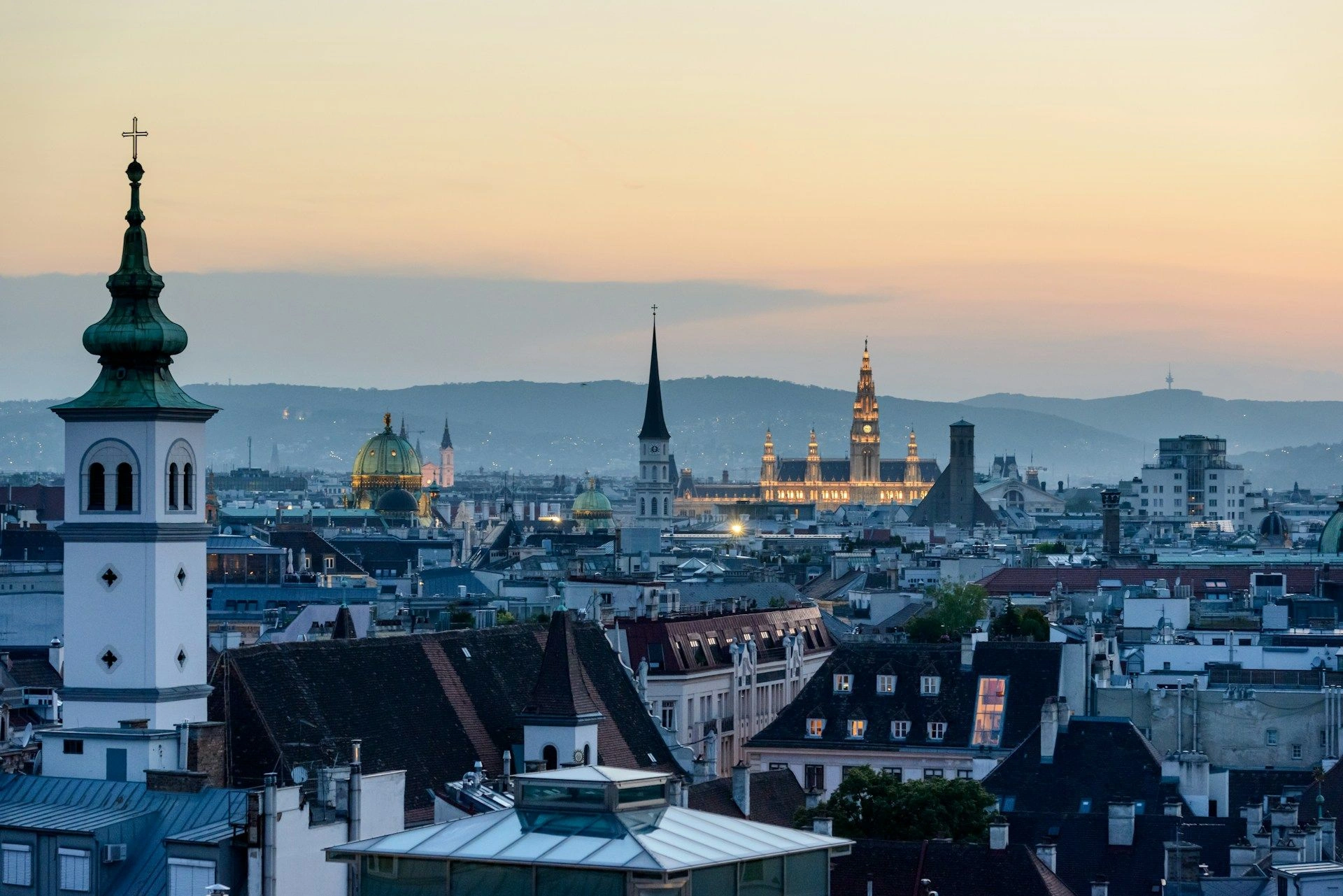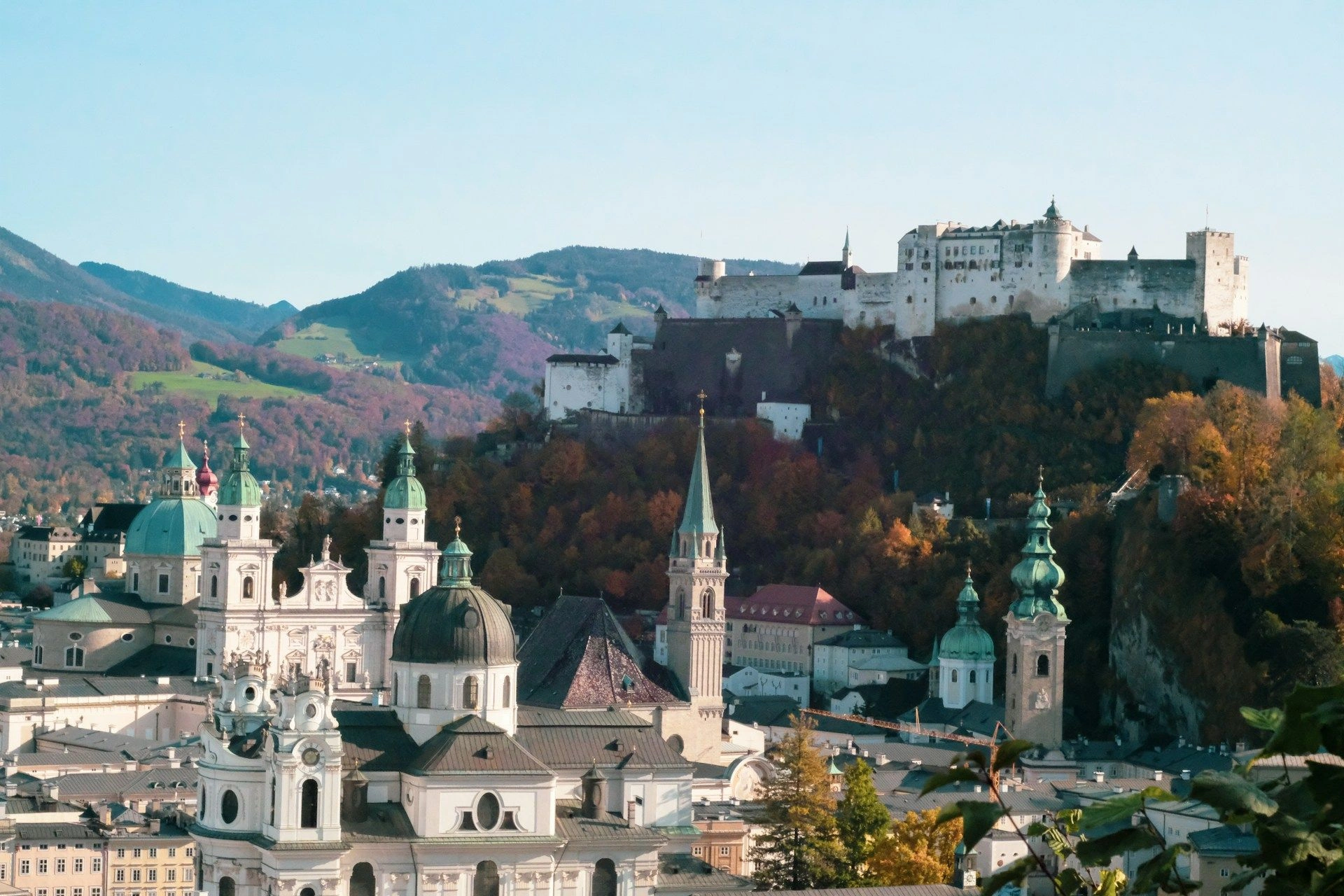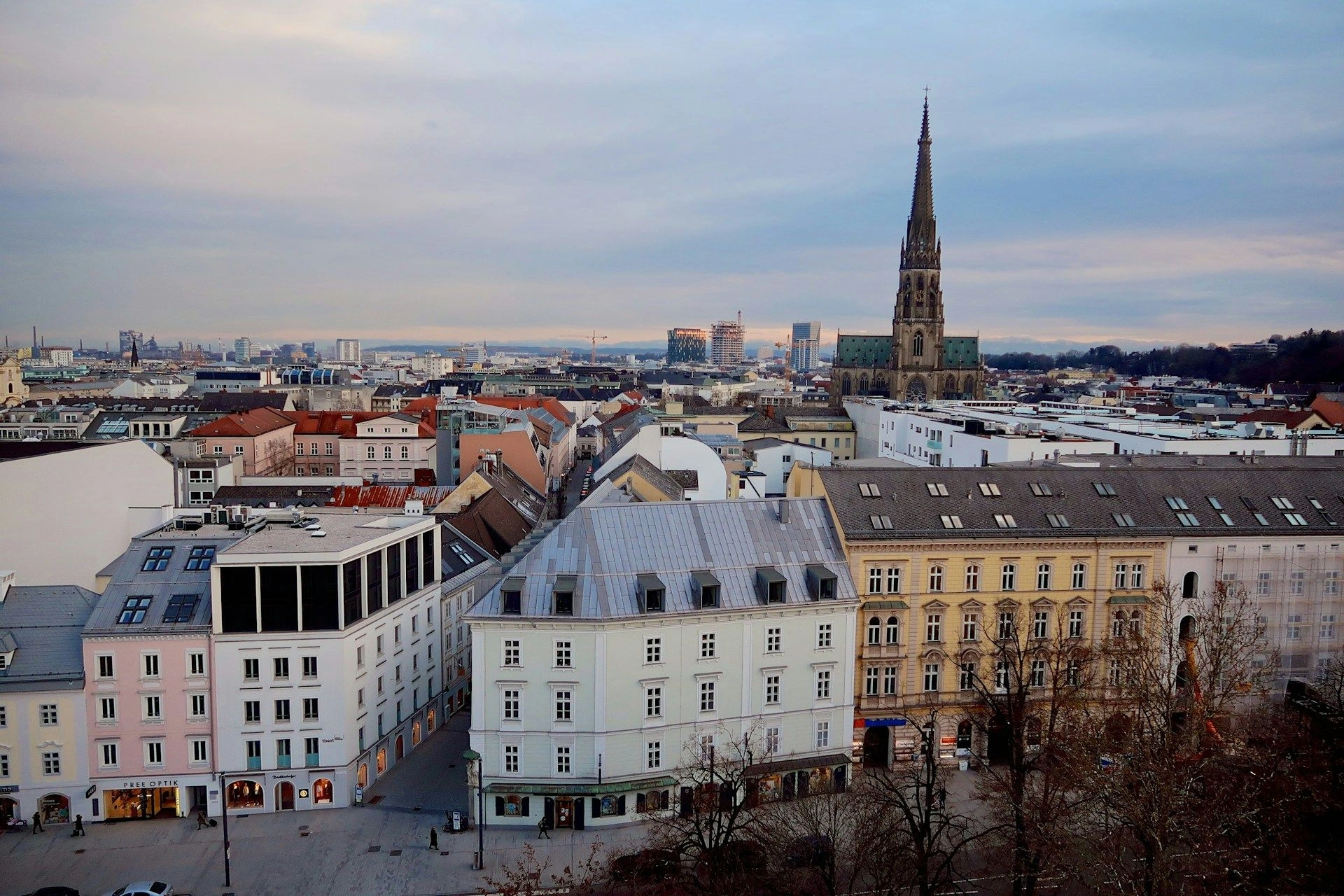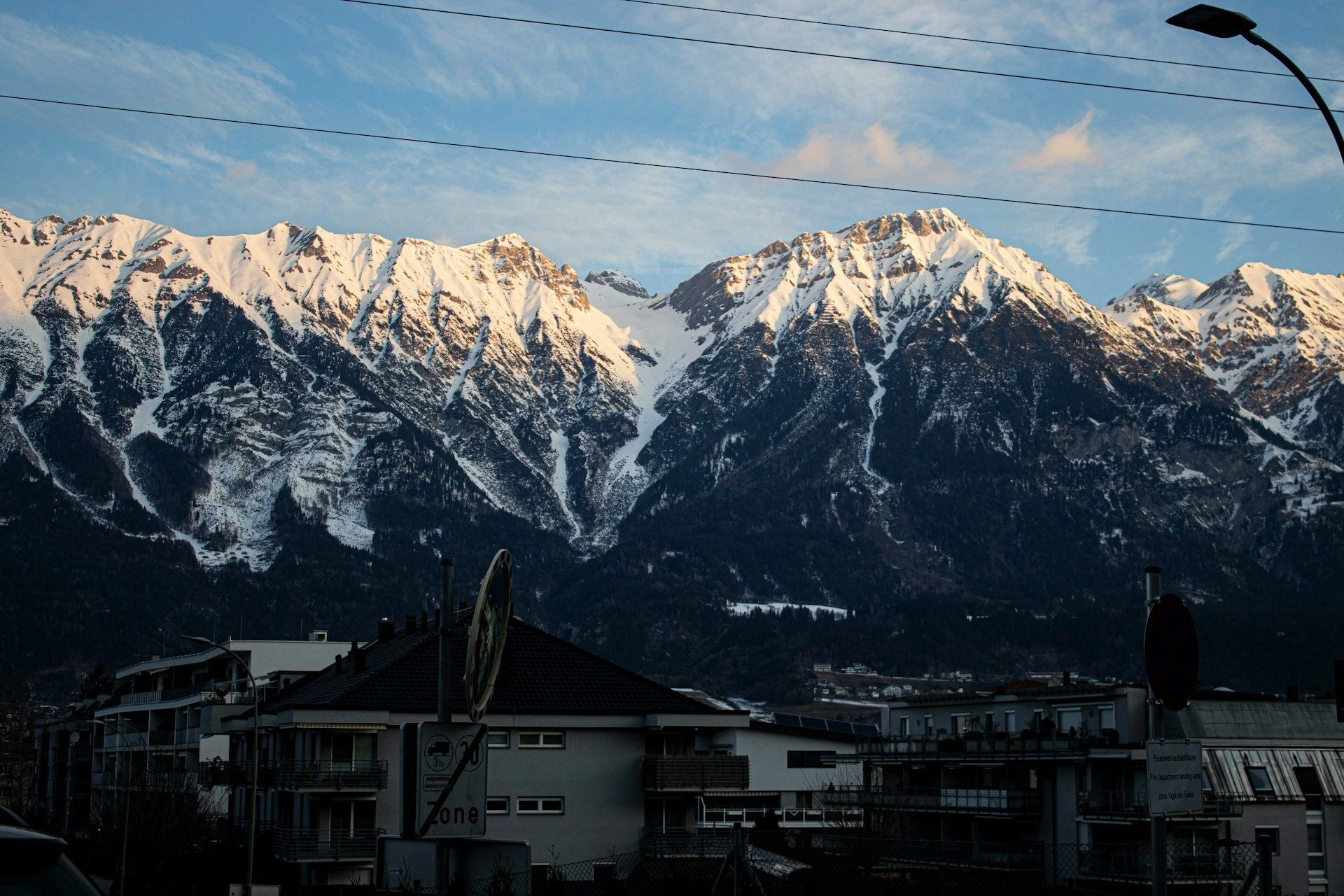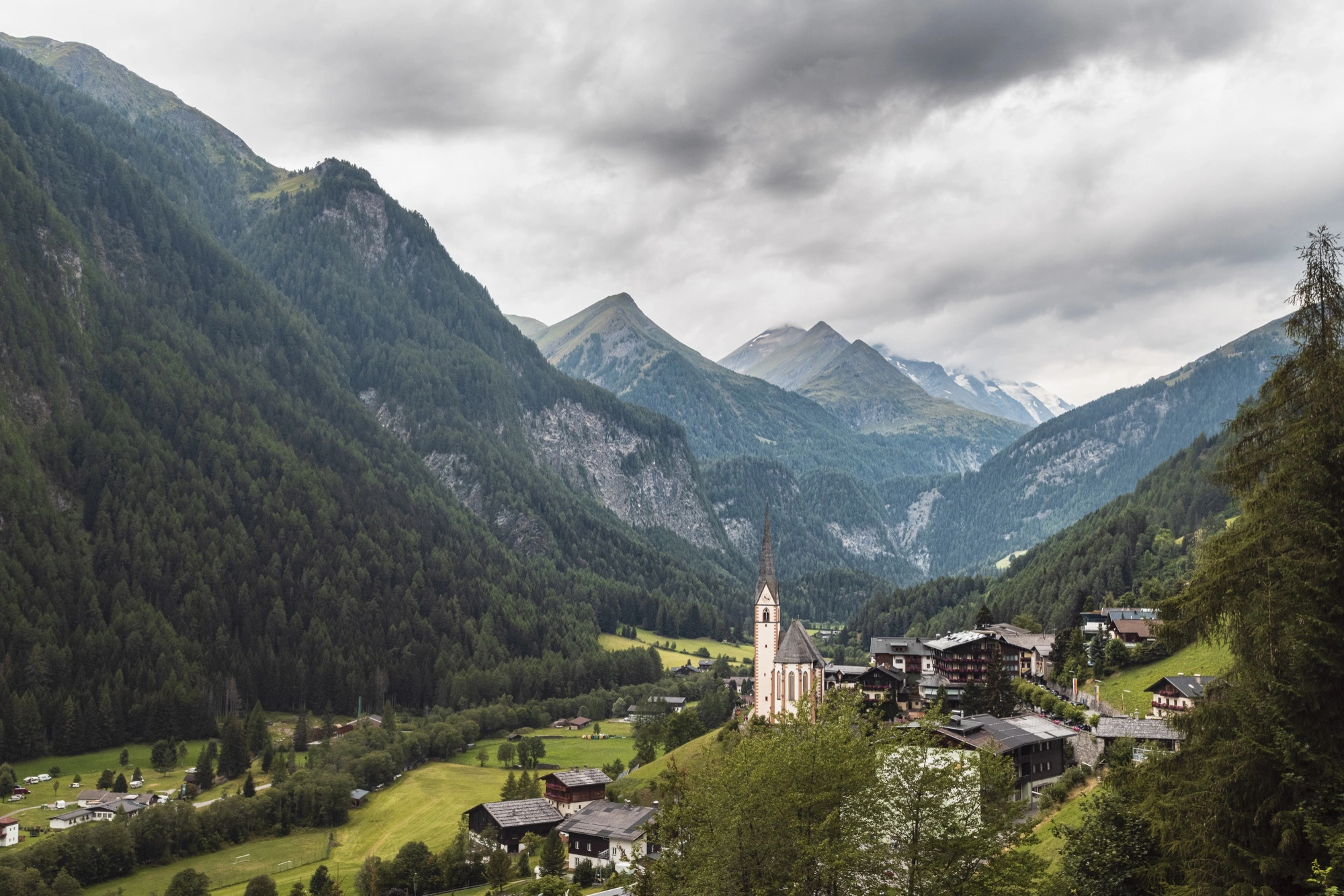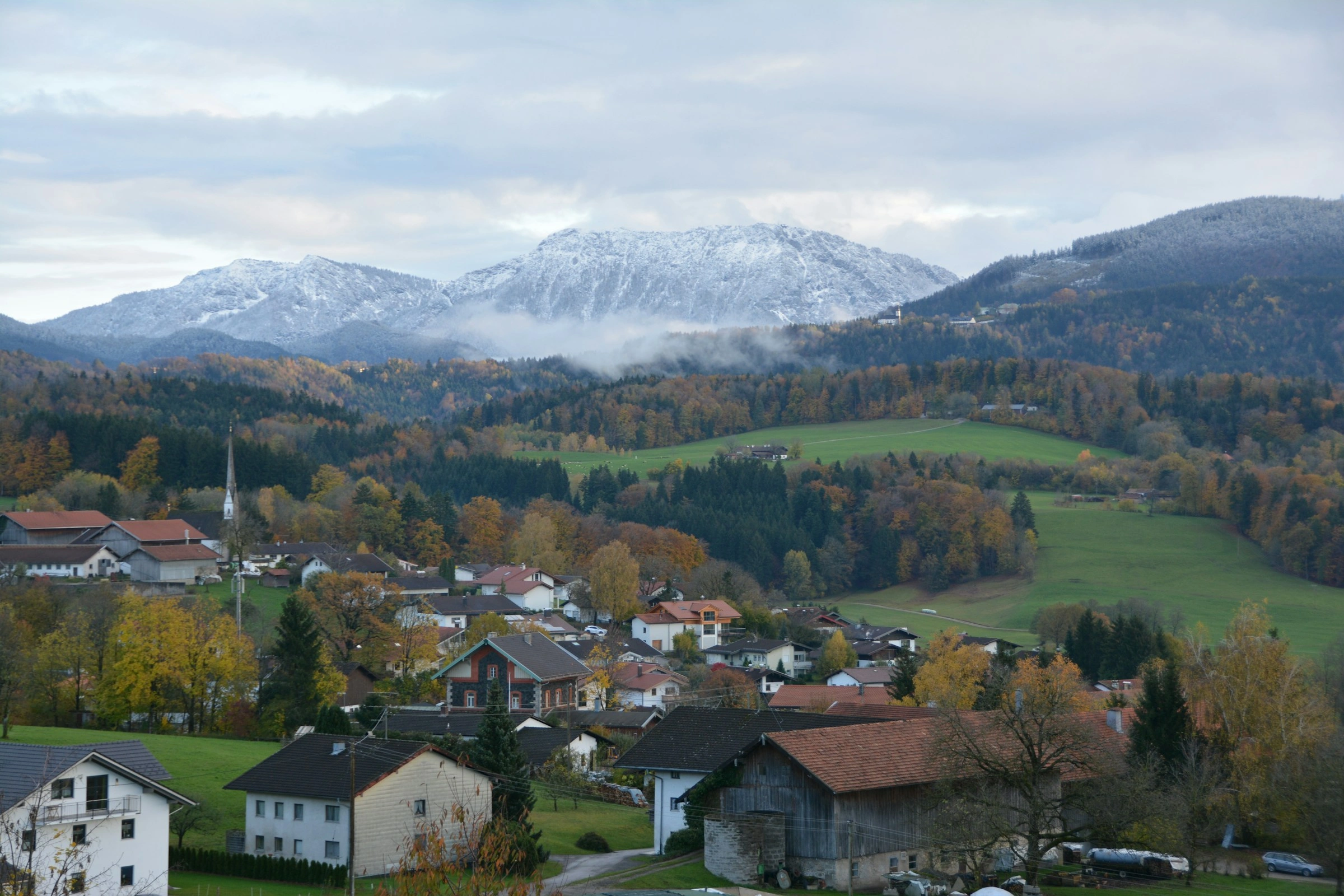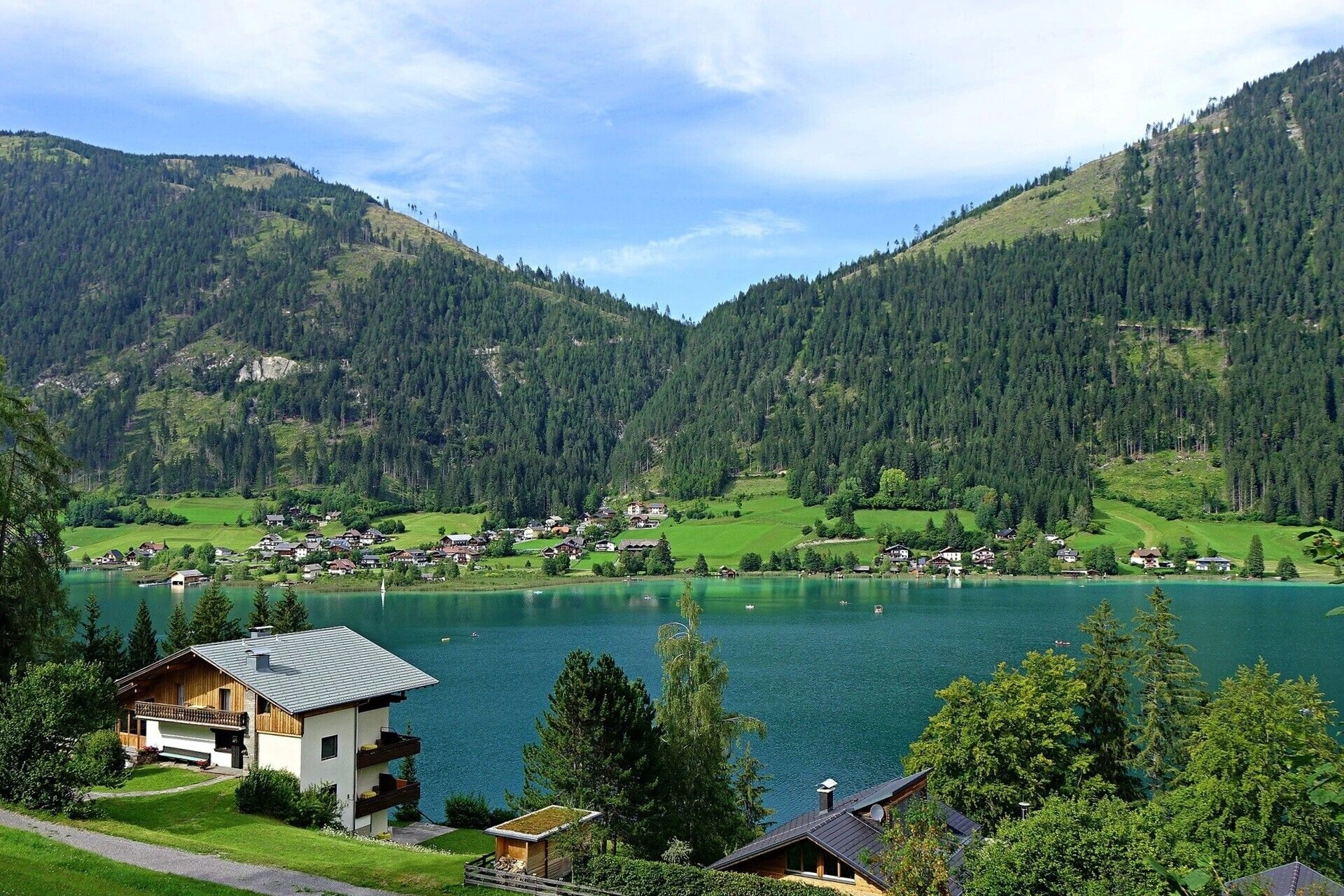Austria Investment Real Estate – Opportunities for BuyersCountry of ski slopes, lakesorchestras and quiet order
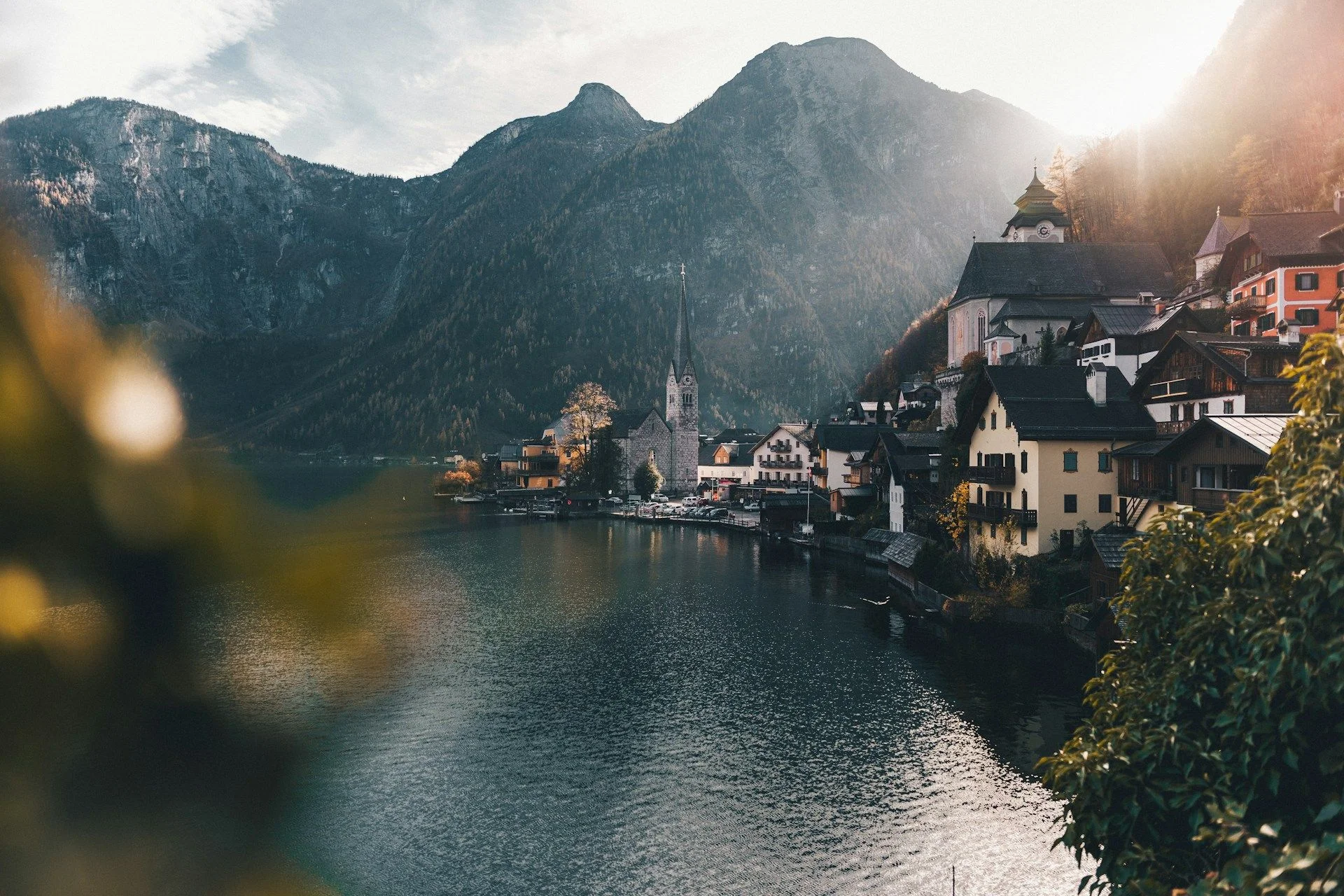
Best offers
in Austria
Popular
cities and regions in Austria
Benefits of investment in
Austria real estate
Prestige and performance in the heart of Europe
Vienna is ranked top globally for livability and provides a historically resilient real estate market.
Tourism and culture sustain rental demand
Austria’s classical cities attract long-term residents, tourists, and students year-round.
Clear ownership laws for EU and approved countries
Austria allows real ownership rights for most international buyers, particularly from EU nations.
Prestige and performance in the heart of Europe
Vienna is ranked top globally for livability and provides a historically resilient real estate market.
Tourism and culture sustain rental demand
Austria’s classical cities attract long-term residents, tourists, and students year-round.
Clear ownership laws for EU and approved countries
Austria allows real ownership rights for most international buyers, particularly from EU nations.

Useful articles
and recommendations from experts
Investment Property in Austria: Market Trends and Opportunities
Market trends and investment potential
Austria stands out as one of the most resilient and attractive real estate markets in Europe, offering investors a stable political environment, a strong and diversified economy, and consistent demand across multiple property segments. Strategically located in the heart of Central Europe, the country acts as a bridge between Western and Eastern Europe, benefiting from extensive trade, cultural exchange, and cross-border mobility. Investment property in Austria is highly regarded for its long-term capital preservation potential, steady rental income, and relatively low market volatility compared to other European nations.
Vienna remains the epicenter of real estate activity, consistently ranked among the world’s most livable cities thanks to its excellent infrastructure, cultural richness, and high quality of public services. Other urban centers such as Graz, Salzburg, Linz, and Innsbruck offer equally compelling investment opportunities, each driven by a unique blend of local economic drivers, from manufacturing and education to tourism and seasonal sports industries. Real estate investment in Austria is supported by robust internal demand from the local population and significant interest from international buyers, particularly those from Germany, Switzerland, Italy, and increasingly from Asia and the Middle East.
Over the past decade, Austria’s property market has demonstrated steady price appreciation. This has been fueled by historically low interest rates, stable inflation, and consistent foreign direct investment. Urban regeneration projects, sustainable development initiatives, and transportation upgrades have enhanced the value of both urban and suburban areas. For example, Vienna’s extensive public transport network expansions and Graz’s modernization projects have contributed to rising property values and greater investor interest.
The tourism industry is a critical driver of rental demand, with Austria attracting millions of visitors annually to its cultural cities and Alpine resorts. The dual-season tourism appeal — winter skiing and summer hiking or lake tourism — creates a rare year-round rental market, a factor that significantly reduces vacancy risk for well-positioned properties.
Types of investment properties
Austria offers a diverse range of investment property types, suitable for different risk profiles and return objectives. In the residential sector, high-end apartments in Vienna’s historic districts — such as Innere Stadt, Leopoldstadt, and Landstraße — are sought after by affluent tenants and international buyers looking for secure, prestigious assets. Modern apartment complexes in suburban areas, particularly those near efficient public transit lines, offer affordability and strong appeal to young professionals and families.
Student housing presents a niche with stable demand, given Austria’s reputation for high-quality education. Vienna, Graz, and Innsbruck host large universities with substantial international student populations, ensuring consistent occupancy rates and predictable rental income. Purpose-built student residences, shared apartments, and micro-apartments in university districts offer competitive yields and relatively low management complexity.
Commercial real estate is another promising segment. Vienna’s central business districts house major corporate headquarters, embassies, and international organizations, creating consistent demand for premium office space. Retail properties in pedestrian zones such as Mariahilfer Straße in Vienna or Getreidegasse in Salzburg are highly coveted, benefiting from both local consumers and tourist foot traffic. Logistics and industrial properties are gaining momentum as Austria strengthens its role in European supply chains.
Tourism-related properties form a cornerstone of Austria’s high-yield segment. Ski resorts in Tyrol, Vorarlberg, and Salzburg attract wealthy tourists from across Europe and beyond, supporting strong seasonal rental rates for chalets, boutique hotels, and serviced apartments. In the summer months, lake regions such as Carinthia, Salzkammergut, and Neusiedler See provide another layer of rental income opportunities. This seasonal diversity helps maintain cash flow throughout the year.
Legal framework for investors
Austria’s legal framework for property transactions is transparent, structured, and aligned with EU standards. EU and EEA citizens face no restrictions when purchasing property, while non-EU buyers may need provincial approval, particularly when acquiring agricultural land or property in sensitive border areas. This approval process, though formal, is generally straightforward with proper legal guidance.
The purchase process typically involves signing a preliminary agreement, depositing a percentage of the purchase price, notarizing the contract, and registering the title in the land registry (Grundbuch). Austria’s land registry system is secure, efficient, and publicly accessible, providing full transparency regarding property ownership and encumbrances. This minimizes legal risks for investors and streamlines due diligence.
Transaction costs are predictable and include a property transfer tax (3.5% of the purchase price), registration fees (1.1%), and notary or legal fees. These costs average around 10% of the purchase price, a factor investors should incorporate into their calculations. Additionally, Austria does not impose annual property taxes comparable to some other countries, which enhances net returns.
Rental laws in Austria balance tenant protection with landlord rights. Long-term leases are common, especially in urban areas, while short-term rentals in tourist zones are subject to specific regulations. Investors planning to operate holiday rentals should ensure compliance with provincial tourism laws and licensing requirements.
Profitability and rental yields
Rental yields in Austria depend on location, property type, and management strategy. In Vienna’s prime districts, yields typically range between 3% and 4%, reflecting high purchase prices but low vacancy rates. Properties in secondary cities and suburban areas often offer yields between 4% and 5%, benefiting from lower acquisition costs and rising demand from local residents.
Tourism-related properties in Alpine resorts can generate gross yields exceeding 6% during peak ski season. Properties in lake regions also achieve high seasonal rates during the summer months, particularly when professionally marketed to domestic and international tourists. However, investors should plan for seasonality by diversifying rental strategies — for example, combining short-term holiday lets with medium-term corporate or relocation rentals during off-peak periods.
Commercial properties, particularly offices leased to established companies, offer steady, long-term income streams with yields ranging from 4% to 5.5%. Retail yields vary significantly depending on location and tenant mix, with premium tourist zones offering high foot traffic but also higher acquisition costs.
Capital appreciation is another important factor. Properties in well-connected, high-demand areas have shown consistent value growth, often outpacing inflation. Infrastructure projects such as Vienna’s U-Bahn expansions, Graz’s smart city initiatives, and modernization of ski resort facilities contribute to long-term capital gains potential for both residential and commercial assets.
Challenges and risk management
While Austria’s property market is among Europe’s most stable, investors must still navigate certain challenges. The high entry cost in Vienna’s most desirable districts can compress rental yields, making careful market analysis essential. Regulatory differences between provinces may also affect investment strategy, particularly for non-EU buyers or those targeting short-term rental markets.
Seasonal fluctuations in tourism demand can create variable cash flows for hospitality and resort properties. Mitigating this risk requires strong marketing, flexible pricing strategies, and targeting multiple customer segments. For example, ski resorts can be marketed for summer hiking, conferences, or wellness retreats outside the winter season.
Currency risk is minimal for eurozone investors, but those from non-euro countries should consider potential exchange rate movements. Economic shifts in the broader EU can influence property demand and capital flows, underscoring the value of diversifying across different Austrian regions and property types.
Partnering with experienced local agents, legal advisors, and property managers can significantly reduce operational and regulatory risks. This ensures compliance with local laws, optimizes occupancy rates, and safeguards long-term property value.
How VelesClub Int. supports investors
VelesClub Int. provides comprehensive services for investors seeking to enter or expand in the Austrian real estate market. Our team conducts detailed market research, identifying investment property in Austria that matches each client’s yield expectations, risk tolerance, and capital growth objectives. We specialize in sourcing properties with strong rental yields in Austria, whether in prime urban locations, resort towns, or emerging suburban areas.
Our services cover the entire investment cycle — from property selection and due diligence to transaction management and post-purchase asset management. We connect clients with trusted local professionals, including legal advisors, tax consultants, and property managers, ensuring that every stage of the investment process is secure and efficient.
For investors exploring how to invest in Austria for tourism or hospitality, we provide tailored strategies that leverage the country’s year-round appeal. This includes marketing solutions for seasonal properties, optimization of short-term rental operations, and compliance with tourism regulations in each province.
By combining local expertise with a global investment perspective, VelesClub Int. ensures that our clients maximize returns while minimizing risks. Whether acquiring a luxury apartment in Vienna, a ski chalet in Tyrol, or a commercial property in Graz, we deliver strategic, data-driven solutions that support long-term success in Austria’s well-regulated and resilient real estate market.
